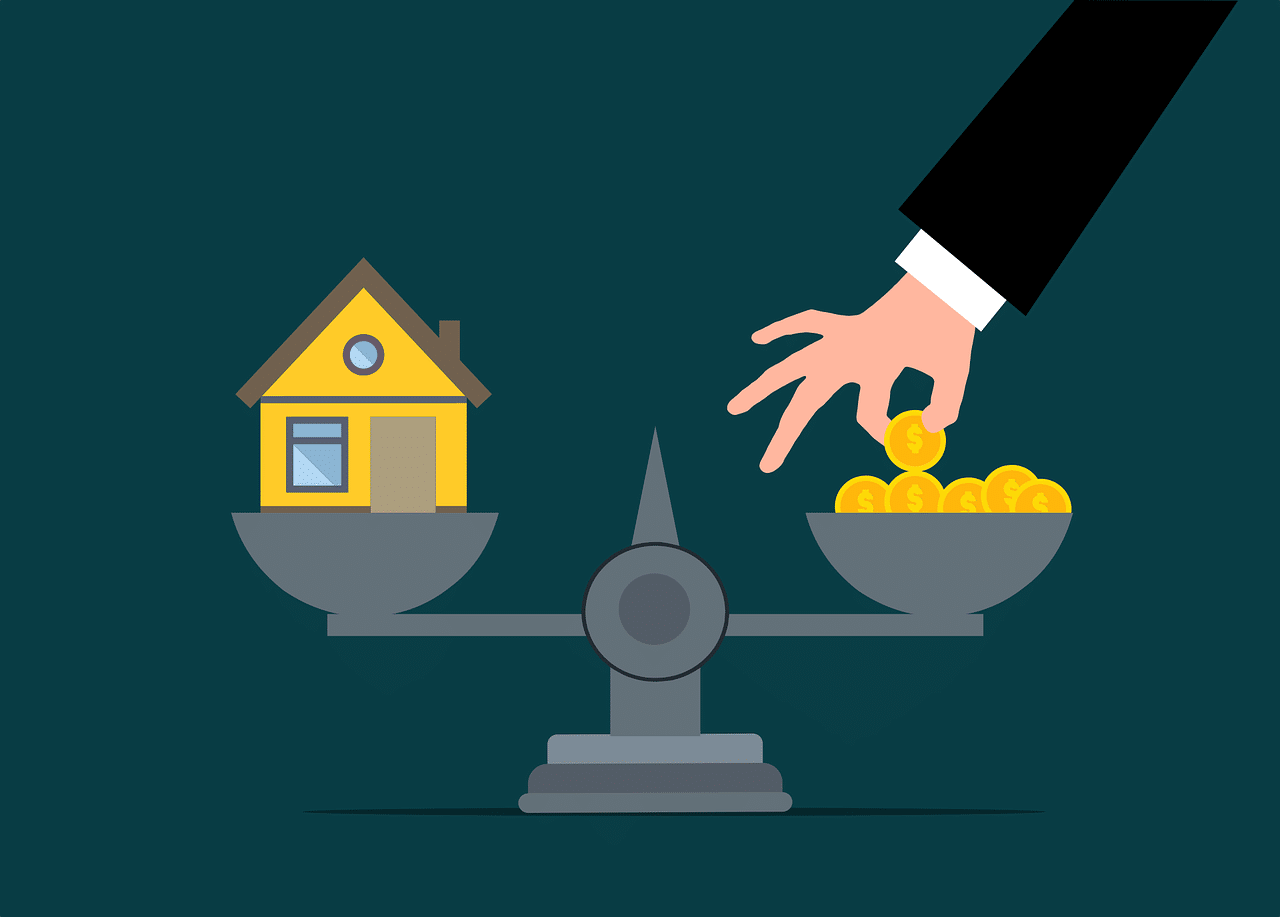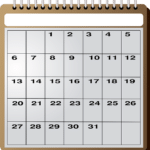
The Math Of Choosing A Great Closing Date
Making such a big purchase as a home can overwhelm even the most financially savvy homeowners. However, if there’s one easy way to save a bit of money, it’s undoubtedly by making sure you choose the perfect closing date for your new home! But how do you go about doing this?
Luckily, with some mathematical calculations and an understanding of market trends, you can pick the best possible closing day: one that might save you hundreds down the line! With all other important decisions out of the way, it pays off to learn more about choosing what should be your final step. So take a breath, put on your thinking cap, and get ready to crunch some numbers – this post will guide you through finding your ideal closing day quickly and painlessly!
What is a closing date?

A closing date is a crucial milestone in any real estate transaction. When the deal is done, money changes hands, and ownership officially transfers to the new buyer. It’s a huge turning point for both parties but it can also be stressful! So it pays to be organized and make sure all relevant documents are ready ahead of time. That way, everyone involved can rest easy knowing things will go smoothly on the big day!
Why is the closing date important?
Knowing the importance of the closing day can be a real money-saver. That’s because it determines your rate lock – an agreement between you and your lender that sets a specific interest rate for a certain period of time. The longer you lock in your rate, the higher the interest rate will be, so figuring out the right closing date is essential to help keep those costs down and save some cash!
How to choose a date?
a. Start with your preferred move-in date
Choosing a closing day for a new property can be overwhelming! However, it doesn’t have to be complicated. Before considering the date, identify your preferred move-in date first. That will inform how far away from the move-in date you must schedule the closing.
b. Work backward from your loan contingency period
A great way to get on top of this is to work backward from your loan contingency period; that way, you can be sure you’re staying ahead of the game and doing everything possible to make your home purchase smoother and less stressful. In addition, getting pre-approved for a loan early can save so much hassle down the line.
Deciding on a loan contingency period is a vital part of the home-buying process, so deciding when you need loan approval is something to take seriously. The sooner you plan it, the better your chance of getting that mortgage loan you want on time!
c. Consider the seller’s timeline
Understanding the seller’s timeline is an important step when buying a home. However, it is not just you who must be mindful of deadlines and closing dates when purchasing a property – the seller must also consider their timeline. If they have a particular date in mind for them to move out, this will need to be factored in when deciding on the most suitable closing day for both parties. Make sure you take the time to discuss possible scenarios with your seller and plan ahead, so everyone is clear about achievable deadlines.
How moving up a closing date can save you money
Trying to save money on your mortgage? Moving up your closing date can help you do just that! Even a slight change to the date, such as shortening the time between signing and closing, could put a few more dollars back in your pocket.
Also, with a more extended rate-lock period, the sooner you close–the better! That’s because borrowers are often charged an interest rate daily during that rate-lock period. A mortgage calculator can help determine how much money you can save by shortening the days between signing and closing. So go ahead and crunch the numbers. Moving up your closing date can make all the difference when saving money on your loan.
The longer the rate lock, the more risk to the bank.
To compensate for this “time risk, ” lenders typically step up pricing for rate lock guarantees as the lock period lengthens.
- 15-day rate lock: The best of all pricing
- 30-day rate lock: 1/8 percent extra cost versus the 15-day rate lock
- 45-day rate lock: 1/4 percent extra cost versus the 15-day rate lock
- 60-day rate lock: 3/8 percent extra cost versus the 15-day rate lock
One percent of “extra cost” is one percent of the borrowed amount.
Conclusion
Choosing the right date is an important part of the home-buying process. By starting with your preferred move-in date, working backward from your loan contingency period, and considering the seller’s timeline, you can find the perfect date for your home purchase. And by moving up your closing, you can save money on your rate-lock and potentially thousands of dollars over the life of your loan.
Use the math and strategies outlined in this post to make an informed decision and save money on your home purchase.
Luxury Specialist at McGraw Realtors
With a diverse background, including a career as an Air Force fighter pilot and entrepreneurship, Bill transitioned to real estate in 1995. Co-founding Paradigm Realty with his wife, Charlene, he quickly rose to prominence in Oklahoma City’s luxury real estate scene. Now, as one of the top agents with annual sales surpassing $20 million, Bill’s dedication to exceptional service remains unparalleled. With a legacy spanning over two decades in the industry, Bill’s expertise and commitment make him a trusted name in luxury real estate.